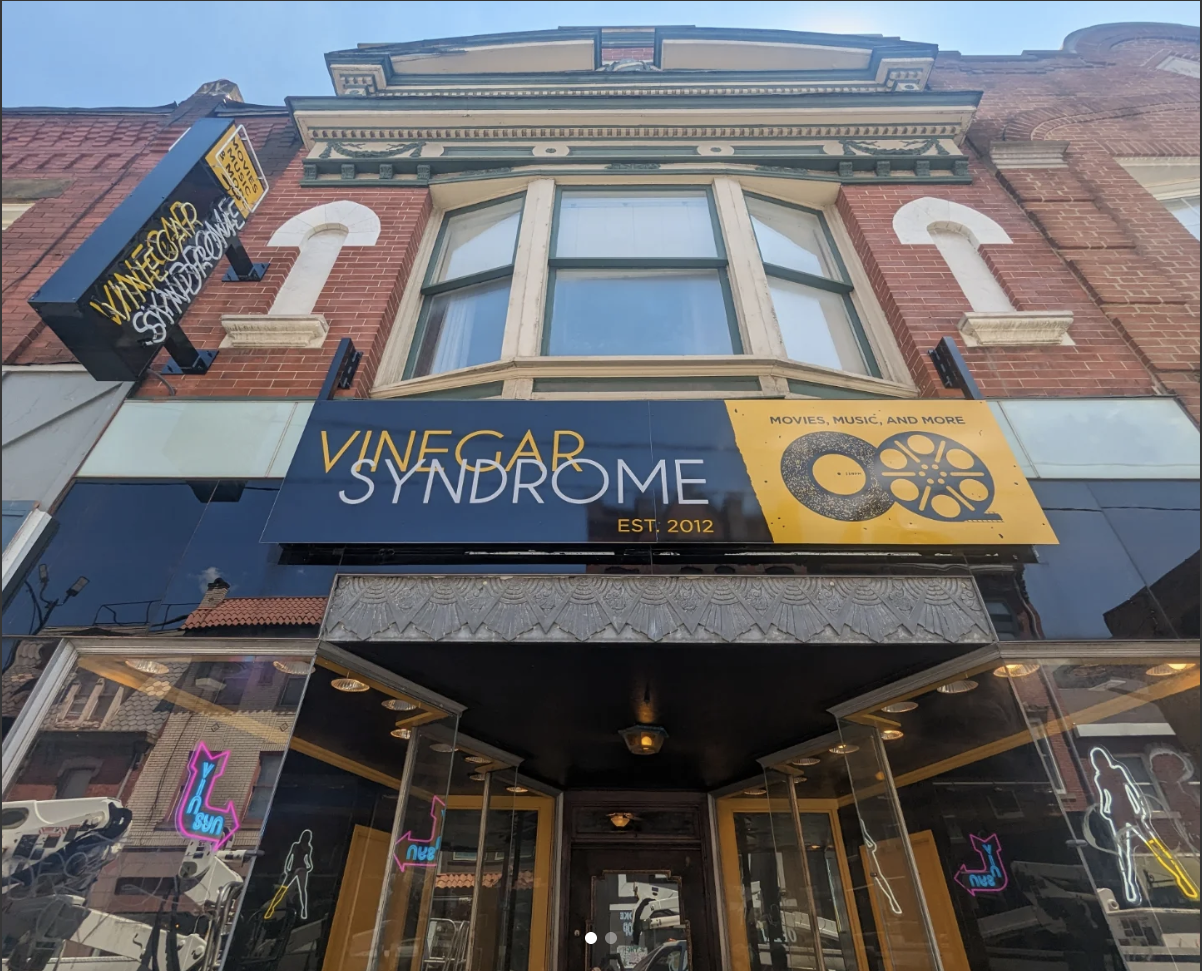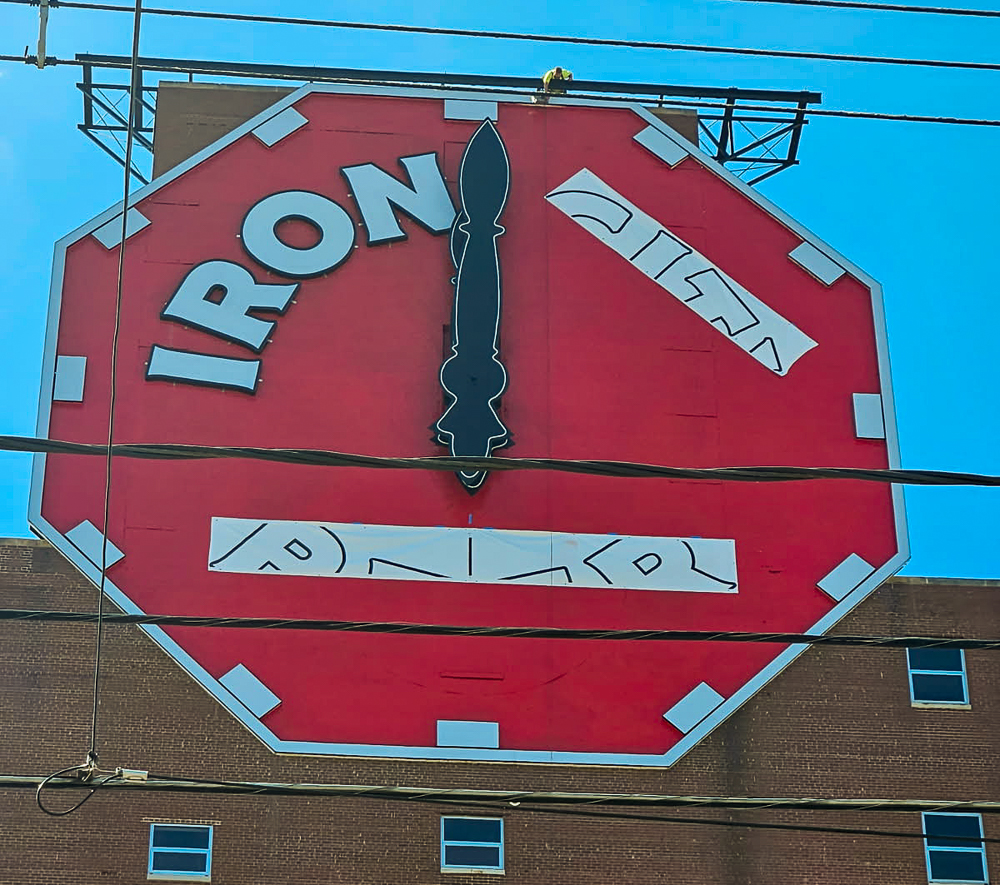Several legal watchdogs, including a racial justice group founded at the request of John F. Kennedy and the nation’s oldest libertarian legal foundation are closely monitoring a recent federal lawsuit challenging Pittsburgh’s inclusionary zoning law.
The outcome of the case could severely limit how municipalities nationwide can provide affordable housing in their communities.
In 2019, Pittsburgh began a pilot inclusionary zoning overlay district in Lawrenceville.
It became permanent in 2021. In May, Mayor Ed Gainey signed a bill to expand the inclusionary zoning district to include the adjacent neighborhoods of Bloomfield and Polish Hill.
Ten days later, the city was sued in federal court by the Builders Association of Metropolitan Pittsburgh (BAMP), which argue in a complaint that the ordinance is “unconstitutional, illegal, and confiscatory,” because it shifts the burden to fund affordable housing to “a select population, namely residential real estate developers.”
“We don’t apologize for representing the home builders or developers we are chartered to represent,” said Jim Eichenlaub, executive director of BAMP, by phone. “We educate the public and politicians on the issues facing [our members], whether it’s rising interest rates, material costs, or in this case, unconstitutional actions on taking and imposing costs on businesses, which is out of the government’s realm.”
Designed to mitigate the displacement of residents in rapidly gentrifying areas of the city, Pittsburgh’s zoning ordinance requires all new developments and major renovations over 20 units in specific city neighborhoods to keep 10% of dwelling units affordably priced; the remaining can be priced at market rate.
“I think this [case] is a real fight for the city and who it works for,” says Sophia Jayanty, counsel at Lawyers’ Committee for Civil Rights Under Law. “Is it for developers, or is it for the people who live there?”
Jayanty says her organization, founded in 1963 to fight racial discrimination and inequality, has held discussions with neighborhood organizations impacted by the lawsuit and other statewide legal organizations. It is “strongly considering” joining the lawsuit as intervenor defendants, separate and distinct from the City of Pittsburgh.
Another organization closely watching is the Pacific Legal Foundation (PLF), a California-based libertarian nonprofit law firm that has litigated, and won, other Fifth Amendment lawsuits integral to BAMP’s claims before the Supreme Court.
“After learning of the lawsuit, I reached [out] and spoke with plaintiffs' counsel,” wrote Brian T. Hodges, senior attorney at the foundation. “PLF is currently evaluating how best to support their lawsuit.”
Hodges argues that ordinances such as Pittsburgh’s are “constitutionally suspect.” By requiring property owners to develop units below market rate, he argues, the government is forcing builders to tackle a preexisting problem they didn't create.
Jayanty, of the Lawyers’ Committee, says most lawsuits challenging inclusionary zoning have so far been at the state level, and argues that if federal courts rule in BAMP’s favor, it will take away a “critical tool” for municipalities nationwide who seek to implement affordable housing policies.

Between 2009 to 2019, Winton, California (a town two hours east of San Francisco) was the only zip code in the entire United States that saw housing prices rise faster than in Lawrenceville/Stanton Heights, according to a 2019 Business Times report.
“It’s really hard to overstate the scale and the speed of displacement in Lawrenceville,” said Dave Breingan, executive director of the nonprofit neighborhood advocacy group Lawrenceville United.
According to a 2020 study [PDF] from the University of Pittsburgh, Lawrenceville lost 49% of its Black residents — over 800 people between 2009 and 2018. The neighborhood also lost over half of its housing choice voucher households, or about 120 low-income homes, between 2011 and 2016, according to a Post-Gazette investigation into Section 8 housing.
“To us, this is ridiculous,” said Debra Huntley, deputy organizing director at Pittsburgh United, about BAMP’s lawsuit. “Inclusionary zoning is only 10% [of units], which doesn’t even cover the number or need for affordable housing in Pittsburgh or Allegheny County.”
In the immediate aftermath of BAMP’s lawsuit, Pittsburgh United and neighborhood organizations from impacted communities released a joint press release condemning the lawsuit as “bad faith,” alleging it to be motivated by greed and contrary to the will of city residents.
According to Grounded Solutions, a California nonprofit that advocates for inclusionary zoning, more than 900 jurisdictions across 25 states have such practices in place. The City of Pittsburgh pursued inclusionary zoning after a 2016 city affordable housing task force recommendation under then Mayor Bill Peduto.
Affordable housing was a priority of the Gainey team’s mayoral transition report, and on June 14, Pittsburgh City Planning voted to approve The Oakland Plan, which among other measures, expands the city’s inclusionary zoning district to include Oakland.
Pittsburgh mayoral spokesperson Maria Montaño declined to comment, citing the ongoing litigation. The next deadline for the city to reply to BAMP’s lawsuit is August 15.
The case is 2:22-cv-00706, Builders Association of Metropolitan Pittsburgh v. City of Pittsburgh, in the United States District Court for the Western District of Pennsylvania.













